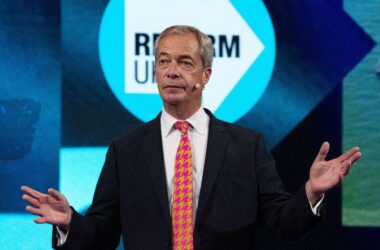South Korea’s anti-corruption agency has handed over the task of detaining impeached President Yoon Suk Yeol to the police after its investigators failed to apprehend him during a tense five-hour standoff with the presidential security service at his Seoul residence on Friday.
The standoff followed the Seoul Western District Court’s issuance of warrants last week to detain Yoon and search his residence. The agency confirmed its discussions with the police on Monday, hours before the one-week detention warrant was set to expire.
Yoon has remained defiant, vowing to “fight to the end” against what he calls unjust efforts to remove him from power. His declaration of martial law on December 3, which lasted only a few hours, triggered widespread political turmoil and exposed deep divisions within South Korea’s polarized society.
While the anti-corruption agency has signaled it may seek a new detention warrant, police are reviewing the request to take charge of future attempts to arrest Yoon. The agency faced criticism over Friday’s failed operation, where investigators and police officers were forced to retreat after being blocked by a barricade of vehicles and 200 presidential security personnel.
Yoon’s legal team has condemned the agency’s decision to delegate the arrest attempt as illegal and announced plans to file complaints against officials involved in the operation.
Meanwhile, the anti-corruption agency has been investigating charges of rebellion against Yoon for imposing martial law and dispatching troops to surround the National Assembly. Lawmakers managed to vote to lift martial law within hours, after bypassing the military blockade.
Yoon’s presidential powers were suspended following his impeachment by the opposition-led National Assembly on December 14, and his fate now lies with the Constitutional Court, which will decide whether to formally remove him or reinstate him.
The agency has urged Deputy Prime Minister Choi Sang-mok, the country’s acting leader, to direct the presidential security service to comply with the detainment warrant. Choi has yet to publicly respond.
In a video message on Sunday, Park Jong-joon, chief of the presidential security service, defended his organization against accusations of partisanship, stating it has a legal duty to protect the incumbent president. He urged authorities to adopt a less confrontational approach in any future arrest attempts.




